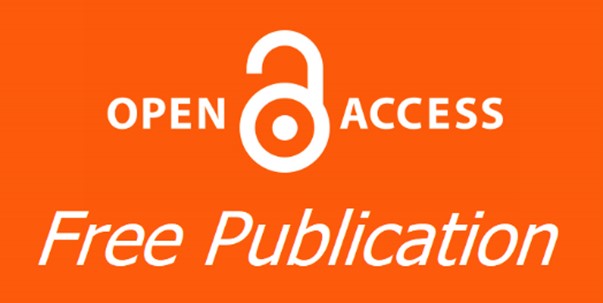Document Type
Original Study
Abstract
Purpose: The aim of this research was to assess the effect of propolis and castor oil cement as pulpotomy materials on the stemness properties and osteogenic differentiation potential of stem cells isolated from human exfoliated deciduous teeth (SHED). Materials and methods: SHEDs were isolated from the pulp of five deciduous anterior teeth indicated for extraction. SHEDs were cultured with propolis and castor oil cement extracts. SHEDs cultured in MTA extracts and basal media were used as positive and negative controls respectively. Stemness properties of SHEDs were assessed in the form of proliferation, migration and the ability to enhance wound healing. Moreover, osteogenic differentiation potential of the isolated SHEDs was evaluated. Results: No significant statistical difference between propolis and castor oil cement regarding cell proliferation was detected. SHEDs cultured in Castor oil cement showed higher migration ability than those cultured in propolis. The ability to enhance the healing of the wound was more in castor oil cement group rather than in the propolis group. Finally, castor oil cement induced osteogenic differentiation while no formation of calcified nodules was noticed in the presence of propolis. Conclusions: Because of the limitation of the current research it was came to conclusion that Castor oil cement may have greater potentials as a pulpotomy material than propolis.
Keywords
Propolis; castor oil cement; Pulpotomy; stem cells
How to Cite This Article
Mohamed, Eman; El-Shall, Osama; Mostafa, Mohamed; and Ahmed, Nermeen
(2022)
"Effect of Propolis and Castor Oil Cement as Pulpotomy Materials on the Properties and Osteogenic Differentiation of Stem Cells Isolated from Human Exfoliated Deciduous Teeth (SHED),"
Al-Azhar Journal of Dentistry: Vol. 9:
Iss.
2, Article 17.
DOI: https://doi.org/10.21608/adjg.2022.29419.1257
Subject Area
Pediatric dentistry and orthodontics Issue (Pediatric Dentistry, Orthodontics)








